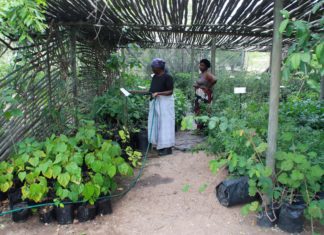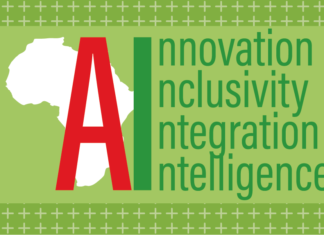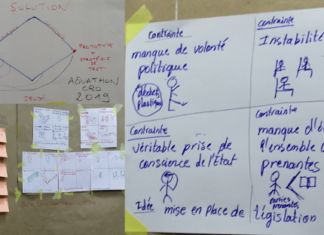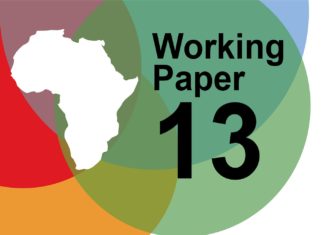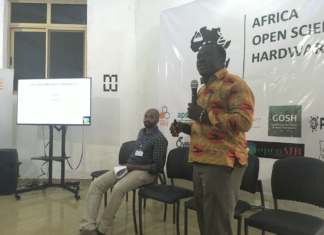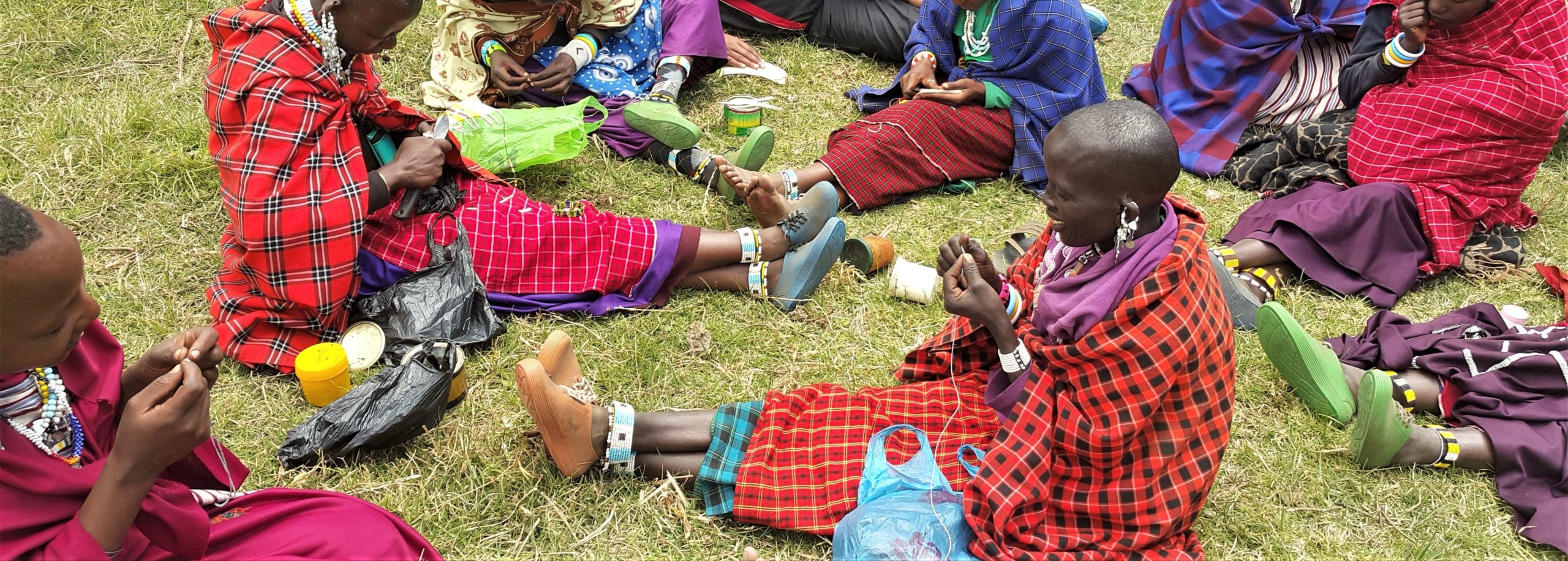Recognizing Informal Sector Innovation: Implications for Traditional Knowledge Development in Africa
In 2012, a civil society group called the Alliance for Food Sovereignty in Africa (AFSA), raised concerns about a draft Africa Regional Intellectual Property Organization (ARIPO) plant variety protection protocol. AFSA was concerned,
Artificial Intelligence in Africa: An Overview of ongoing Open AIR Activities
By Nagham El Houssamy and Nadine Weheba
This is part one in a three part series. For part two, click here. Part three can be...
From Africa to the World: Unlocking Barriers for Women to Trade
By Philda Maiga
Trade is considered an important engine for growth. Studies have shown that trade can dramatically improve women’s lives, create jobs, and increase...
Integrating Gender Perspectives into African Innovation Research
Gender inequality remains the reality in every country. Including and targeting women and girls in development greatly increases the likelihood of an initiative’s success.
Expedited COVID-19 R&D: Indigenous Knowledge and ABS Imperative
With the world on edge as the COVID-19 crisis progresses, the scientific community has sprung into gear in search of an effective treatment. Research and Development (R&D) is progressing at unprecedented speeds. Amidst this rapid development, traditional knowledge plays a significant role in scientific endeavours. Through traditional knowledge, medical researchers can gain guidance and inspiration and bypass prolonged and expensive scatter-gun approaches to R&D.
Innovation ouverte en contexte académique à Abidjan, Côte d’Ivoire
Par Ahou Rachel KOUMI
Ce blogpost est la deuxième partie d’une série de deux blogs sur les Journées de l’Innovation en Contexte Académique réalisées du 19...
Determinants of Innovation in Ethiopian Informal-Sector Micro and Small Enterprises (MSEs)
Authored by: Wondwossen Belete
Abstract: This Working Paper examines the main factors affecting the process of learning and innovation in informal-sector micro and small enterprises...
Historic Gathering of Africa’s Open Science Hardware (OSH) Innovators – the...
By Chris Armstrong
Open AIR was privileged to be a supporting partner of the inaugural AfricaOSH Summit, held 13-15 April 2018 at the Kumasi Hive...
Gender, IP, and Innovation: Open AIR’s Future Research
The Open AIR network seeks to bring, among other things, a gendered perspective to our research. We are exploring the nexus between feminist literature, intellectual property, information technology, and innovation; connecting these approaches into the network’s future priorities.
À l’ère postpandémique, Open AIR cherche des solutions équitables aux freins à...
En 2013, le réseau Open AIR (Open African Innovation Research) publiait une étude prospective prévoyant un avenir ponctué de bouleversements, comme une pandémie catastrophique à l’échelle...

